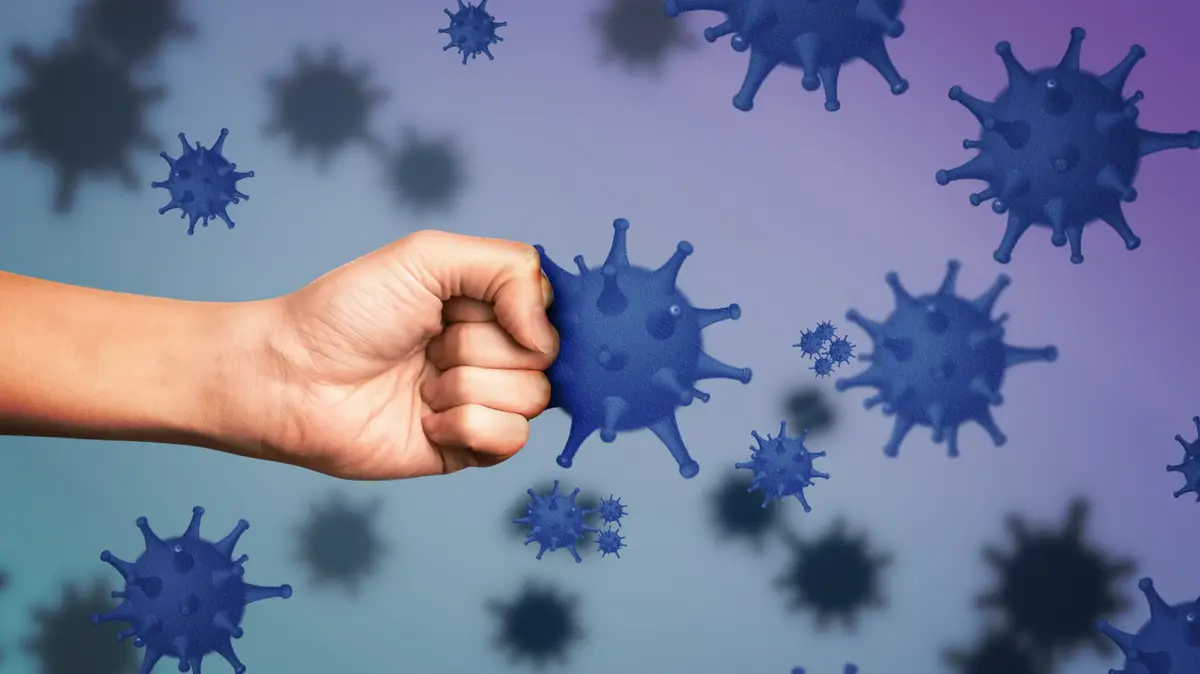So that you understand what food allergies are, I will explain how they work. This type of allergy can appear in anyone and at any age, although they are more frequent in the young population. They can also disappear. The ones that have been found to disappear more frequently are milk and egg allergies that begin in childhood, it is very rare that these two allergies appear in adult life. And in general, for all foods, the later they appear the less often they disappear.
In answer to your question I must tell you that it is not the complete foods that cause allergies, but some of the proteins they contain. These allergy-causing proteins are called allergens. That is, a person is not allergic to a food, egg, fish, shellfish, nuts, etc. but is allergic to one or more of the proteins contained in that food.
Proteins are made up of molecules called amino acids. Amino acids form threads, one after the other, and also fold, so they end up having very complex structures. What a person is allergic to is either a certain sequence of amino acids or several amino acids that appear together when folded. It may happen that in the row they form in the protein they are not joined together, but when they fold and make a kind of ball they are stuck, and that group of amino acids that appear together is what antibodies recognize as an aggressor element for our body.
Because an allergy occurs like this, when certain antibodies of the immune system detect a specific group of amino acids that they identify as a harmful element for the body and attack it. What we call allergy (to a food or any other element) is the wrong and disproportionate reaction of our immune system to something it identifies as an aggressor.
The difference in the size of the reaction that occurs is related to the nature of the specific protein to which you are allergic or allergic. In general, proteins that are resistant to heat and digestive tract enzymes cause more severe reactions. That is, the determined nature of the specific protein to which you are allergic is what can cause a food to harm an allergic person only sometimes. This is explained by two fundamental causes.
Read more: The invention of food intolerance tests or why they don't deliver what they promise
If we somehow get a protein to break down and those amino acids, which are naturally together, to separate, the immune system will stop detecting it as an aggressor. And that way you can tolerate that certain food. This occurs, for example, with proteins that denature with heat. People allergic to eggs are usually allergic to several proteins. One of them is sensitive to heat, if a person is only allergic to this protein, when the egg is cooked or has undergone some other process with high temperatures it does tolerate it because the protein is denatured.
We have more examples of physical or chemical actions on proteins that cause the protein to break down and that result in people allergic to that particular protein being able to consume the food without having an allergic reaction.
There is another, more complex explanation for why some foods cause allergic reactions only some of the times they are consumed. And there are proteins that need the coexistence of other factors to harm us. There are factors that increase its allergenicity for different reasons, some not well known. The first thing that was described in this regard was exercise-induced wheat allergy. They are people who take wheat flour and nothing happens to them, but if they consume some food made with wheat and exercise, it does hurt them. This is due to a protein called omega-5 gliadin (ω5G) and people who are allergic to it usually tolerate it under normal conditions, but not when they exercise, although we do not know why.
This, which was first described with this particular protein, has been seen later with others. For example, lipid transfer proteins, present in plant foods, also cause some people to be allergic to, but only when a cofactor such as exercise appears; alcohol consumption; Take a medicine or, in women, your period. In these cases it is very difficult to diagnose because these people observe that they have taken a food and nothing has happened to them and suddenly it does happen to them and they can take it again, without the cofactors, and again nothing happens.
These cases are not the usual ones, it is normal for the organism that is very selective to recognize the protein as soon as it is taken, but they do occur in some people, especially in those who have been sensitized to lipid transfer proteins or allergic to the ω5G protein.
Ana Fiandor is head of the allergology section at La Paz University Hospital in Madrid.
Question sent via email by Cafa11
Coordination and writing: Victoria Toro
We Respond is a weekly scientific consultation, sponsored by the Esteve Foundation and the L'Oréal-Unesco program 'For Women in Science', which answers readers' questions about science and technology. They are scientists and technologists, members of AMIT (Association of Women Researchers and Technologists), who answer these questions. Send your questions to nosotrasrespondemos@gmail.com or Twitter #nosotrasrespondemos.
The advice of this office is of a general nature and does not replace medical consultation. If you have questions about your specific problem, contact your doctor or pharmacist.
You can follow EL PAÍS Salud y Bienestar on Facebook, Twitter and Instagram.






/cloudfront-eu-central-1.images.arcpublishing.com/prisa/BBBPQ6SMUZFU3DURZG66IXKRFI.jpg)


